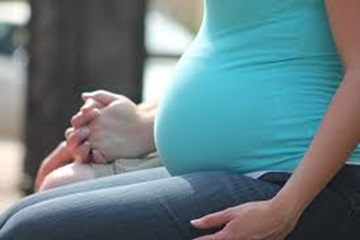 The conclusion drawn by the research group in their article in British Journal of Obstetrics and Gynecology (BJOG) is that these women require special attention in both gynaecological and obstetric practice.
The conclusion drawn by the research group in their article in British Journal of Obstetrics and Gynecology (BJOG) is that these women require special attention in both gynaecological and obstetric practice.The study includes 2,554 women diagnosed with vaginismus or localised provoked vestibulodynia (LPV) during the years 2001—2009. They made up 0.6% of all women born in Sweden between 1973 and 1983.
The results show a statistically significant difference between women who suffered from vaginismus and/or LPV and the larger group, in a range of variables:
- They had lower BMI
- They had a higher educational level
- More used nicotine
- More were unmarried
- More were unemployed
During the study period 50% of the entire population gave birth, but of the women who suffered from vaginismus and/or LPV this figure was 40%. These women were more likely to deliver by elective caesarean section, caesarean section on maternal request and emergency caesarean section, and also more likely to suffer a perineal laceration.
”Our study shows that these women require more attention in obstetric and gynaecological practice. It’s important to review the support that women with these problems can require for their reproduction, pregnancy and delivery. Also one should consider which mode of delivery is best suited to each individual,” says Louise Möller, PhD student and first author of the article in BJOG.
Article: Reproduction and mode of delivery in women with vaginismus or localized provoked vestibulodynia: a Swedish register-based study by L. Möller, A. Josefsson, M. Bladh, C. Lilliecreutz and G. Sydsjö. BJOG July 2014. DOI 10.1111/1471–0528.12946
Photo: Google
2014-08-29